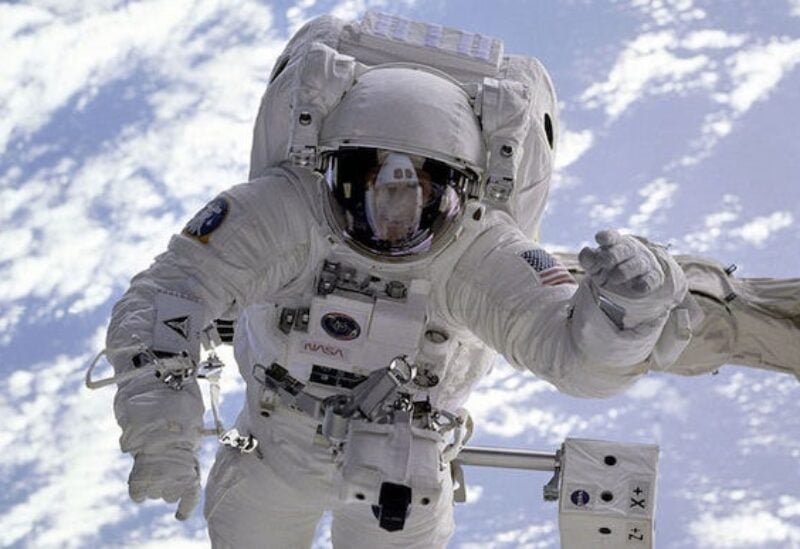
As a crewed mission to Mars becomes closer to reality, scientists are studying the potential effects of extended space travel on astronauts’ well-being—including on their mental health, the MailOnline reported on Thursday.
A new study attempts to predict that psychological toll by examining scientists stationed in remote research stations in Antarctica.
The isolated researchers said they felt symptoms of depression and anxiety at various points in their stay at the South Pole. But the most notable change among the subjects was a continuous decline in positive emotions like enthusiasm, satisfaction and awe, from the start of the mission up to its completion.
Those “feel-good” emotions didn’t even increase as the mission inched closer to its end, a common phenomenon often referred to as a “third-quarter effect.”
Psychologist Candice Alfano, director of the University of Houston’s Sleep and Anxiety Center, developed the Mental Health Checklist (MHCL), a self-reporting diagnostic for analyzing mental health changes in people subjected to confined, isolated and extreme environments.
In a study published this month in the journal Acta Astronautica, Alfano and her team studied scientists housed at 2 research stations in Antarctica, one coastal and one inland.
Antarctica’s extreme environment shares a variety of stressors with the cold depths of space, including isolation, confinement, a lack of privacy, monotony and altered light-dark cycles.
Using the MCHL, Alfano’s team tracked the polar scientists’ psychological well-being over a nine-month period, including the harshest portion of winter.
They also recorded changes in their physical complaints and levels of stress hormones, like cortisol.
“We observed significant changes in psychological functioning, but patterns of change for specific aspects of mental health differed,” Alfano said.
“The most marked alterations were observed for positive emotions such that we saw continuous declines from the start to the end of the mission, without evidence of a ‘bounce-back effect’ as participants were preparing to return home.”
Alfano added that previously research has focused almost entirely on negative emotional states, like depression and anxiety, “but positive emotions — such as satisfaction, enthusiasm and awe — are essential features for thriving in high-pressure settings.”
Space agencies have long worried about the mental health effects of long space missions.
Beyond the isolation and boredom, extended space travel can disturb astronauts’ normal sleep and sunlight cycles—on the ISS, astronauts see 16 sunrises and sunsets every 24-hour Earth day.
People who consistently lose sleep tend to have trouble concentrating and making decisions.
In an essay in the collection Angles 2019, psychiatrist Tyler Moore warned that radiation, filtered out by Earth’ atmosphere, could have an untold impact on mental health.
It’s known to cause radiation sickness and nervous system damage, and can heighten the chances of getting cancer.
Zero gravity can also be a risk factor: Earlier this month researchers from the University of Texas reported the lack of gravity on the ISS redirected blood away from astronauts’ arms and legs to their brain, causing pressure to build up inside the skull and the pituitary gland to shrink.
The team suspects that if an astronaut spends too long outside Earth’s gravity, this could lead to an increased risk of developing dementia, problems with bladder control and difficulty walking.